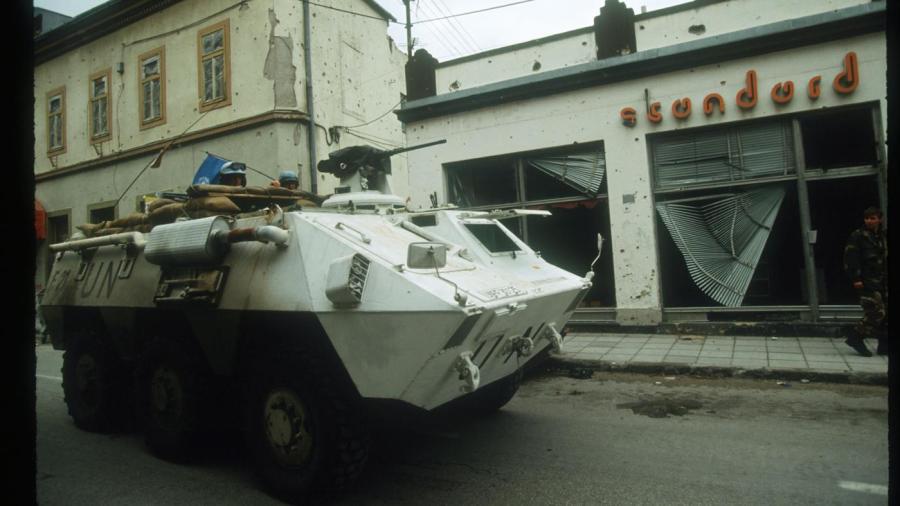What Caused the Yugoslavian Civil War?

The Yugoslavian Civil War occurred because the country was initially created as a federation of diverse ethnic states, and once central government was no longer strong enough to keep them all together, the patchwork nation began to fall apart. In 1990, Slovenia, Croatia and Macedonia agitated for independence, but Yugoslavian president Slobodan Milosevic refused to address their demands. When Slovenia declared independence, Serbian forces moved in and initiated the war.
The conflict between Slovenia and the Yugoslav People’s Army was relatively minor and eventually ended when Slovenia and Croatia agreed to table their independence referendums for three months. Once Croatia declared its own independence, however, the Yugoslav forces invaded and held much of the country for several years. Many civilians died during the fighting, leading to charges of war crimes against Serbian leaders.
By 1992, when Bosnia and Herzegovina found themselves at odds over a territorial dispute with Serbia and Croatia, the former Yugoslav forces had devolved into a largely Serbian-dominated force. During this conflict, the siege of Sarajevo occurred, and much of the bloodiest fighting in the Yugoslavian Civil War happened during this time. After the Bosnian war ended, an uprising in Kosovo led to fighting there and a further collapse of the former nation.





